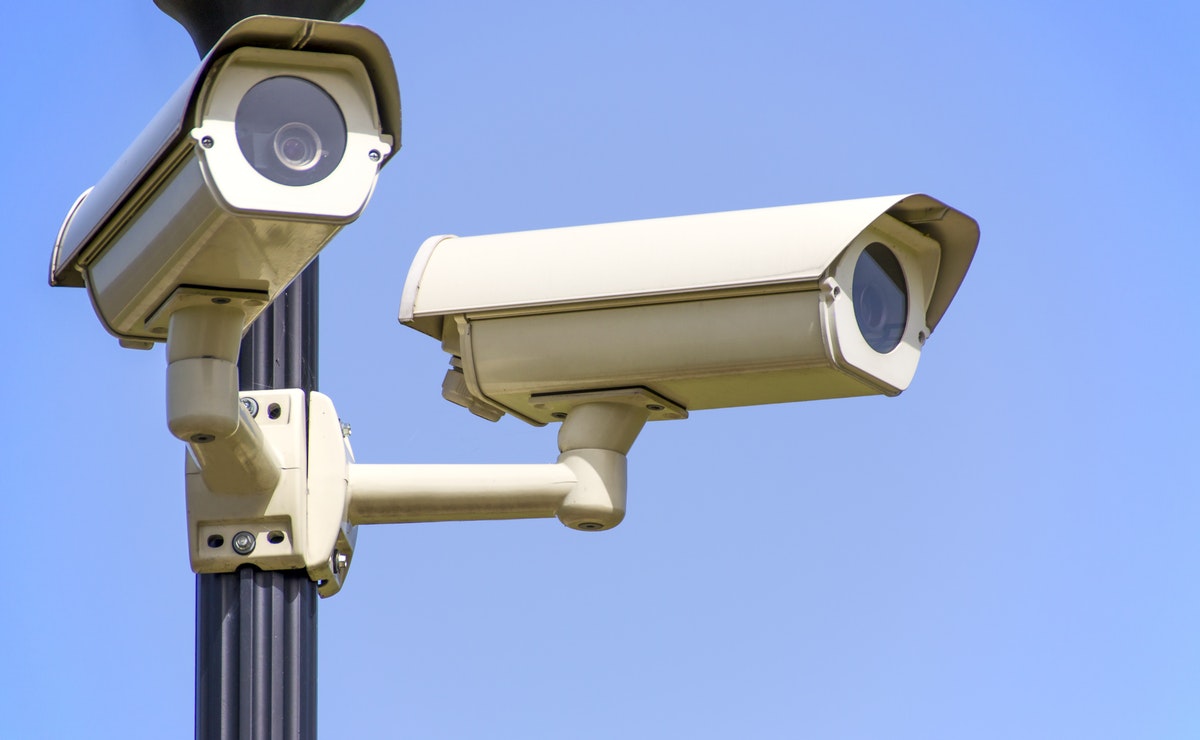Technology
Artificial Intelligence
Internet-based new technologies are rapidly changing the way we live and have become a remarkable lifeline to people socially isolated during the Covid-19 pandemic. Machines with artificial intelligence (AI), at the heart of search engines, voice assistants and speech and face recognition on mobile phones, are powering much of this revolution. AI is used in business and government administration, including the assessment of social security, employment and loan applications. AI algorithms also underpin some impressive innovations in healthcare, assisting doctors to diagnose illness, discover new drugs, read medical images and use robots in surgical operations.
The Church has many reasons to celebrate and embrace these technologies, but some difficult questions arise about the implementation of the digital revolution. The Artificial Intelligence Report explores how our increasing reliance on technology and AI implementations affect who we are as relational human beings, made in the image of God?
Our new Congregational Resource series can be used to help understand what AI is and explore how we as Christians can respond.
Session 1
Session 2
Session 3
- Robotics: When computers do things we normally expect a person to do
- Introduction Video
- Facilitator Notes
Session 4
Surveillance and social justice

Surveillance is not simply an activity of the security and intelligence services, as portrayed in the James Bond or Bourne movies. Data-management is integral to, for example, identifying who needs to be supported through social welfare benefits. At the same time, surveillance systems can be almost insurmountable hurdles against receiving the benefits to which one is entitled.
Using the idea of "surveillance from the Cross of Christ", we reflect on re-orientating surveillance in the light of God's relational way of knowing, and what that might mean for treating privacy as a gift for human dignity and flourishing. It is hoped the Surveillance and Social Justice report will stimulate Christians who are both subjects and professional users of surveillance to affirm and challenge its value.
The Surveillance and Social Justice bible study asks questions such as Where do you, your family, and friends encounter surveillance? How do you practice surveillance?
The Internet: In whose image?
Technology has brought many great benefits to society which we often take for granted, but it can also pose big ethical dilemmas: not just unexpected risks and side-effects, but unintended social consequences and even changes in our moral outlook.
As Christians we are called to live our lives responsibly, following the teachings of Jesus. Although most of us are not directly responsible for the design of digital technologies, we all use these technologies and therefore we should be aware of the role which they have in shaping our culture, in order that we might engage creatively with the digital world represented by the Internet, seeking always to fulfill our calling to be leaven in the dough.
The Internet: In whose image?
The Internet: In whose image? report examines the ethical and moral challenges of the internet from the Church's point of view. Feel free to use the internet discussion starter and the leader's notes to talk about the moral issues surrounding the internet within a group.